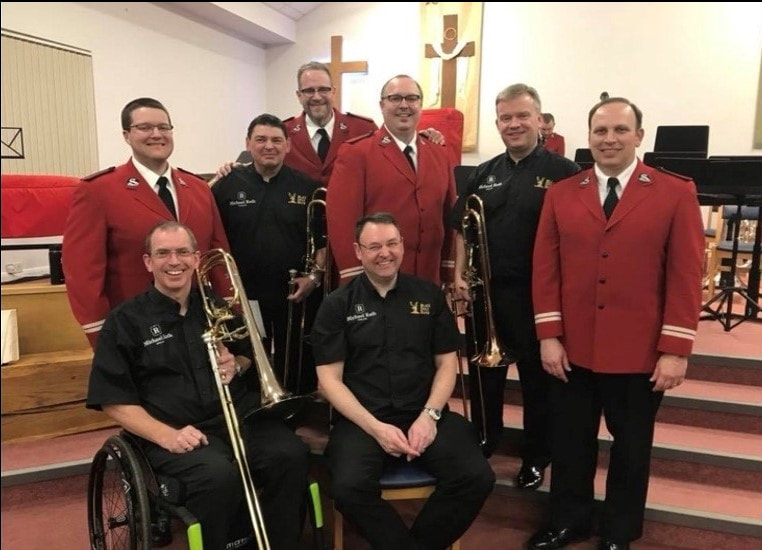|
Merry Christmas and a Happy New Year, dear readers!
I have one sensible New Year's resolution: make a living wage from my writing. And on that note: a bit of self-promotion here, if anyone wants something written and is willing to pay me, please get in touch. My less sensible New Year's resolution is to finish Assassin's Creed Valhalla. This sounds like an easy one, but I really do like to get my money's worth out of games and will spend hours just exploring. Having said that, I think Viking Amy has already achieved more in the week she's existed than Modern Day Amy has in a year. So far, Viking Amy has invaded Anglo-Saxon England, ransacked several monasteries, and met Odin (in a vision). Modern Day Amy has some catching up to do. I admit that this could be difficult, given that we are once again in national lockdown and look set to be so until at least mid-February. This means I've had plenty of time to consider my next modern-day move (monastery pillaging is not on the list, though meeting the man of my dreams is) and contemplate the topic of this post. The outcome, you ask? Well, I shall continue on the subject of theatres. Theatres have such a long and vibrant history that I feel I cannot do justice to them in just one blog post. After all, they have been around since at least Ancient Greece (c. 1200-323BC). They have been sponsored and censored, been places of propaganda and rebellion, and made audiences laugh or brought them to tears. Some of the world's most celebrated figures are composers, actors or playwrights, e.g. the Bard of Avon, William Shakespeare, Mozart and David Garrick. They've changed in architectural design too. Think of the semi-circular theatres in Ancient Greece, the stacked tiers of Shakespeare's Globe in the 16th-17th centuries, and introduction of proscenium arches in 18th-19th century theatres. Today's theatres are different again; they now have more comfortable seating and safety features but have only recently provided modifications for people with disabilities in their three thousand-ish year history. Yet, in all this time I can't help but note that while the needs of disabled audience members have been considered, those of disabled performers have not. My dad once told me that even he - as an able-bodied musician - struggled to negotiate some backstage areas. There have been few improvements in the years since his musical days. I spoke to trombonist Adrian Hirst, who suffered a spinal cord injury following a motorbike accident two years ago. He told me about the problems he faces in theatres/music halls as a wheelchair user. The first hurdle he encounters? Entering the building. Adrian has arrived at venues to find that he cannot access the stage door. "Instead, we find the disabled access. Door locked. So, [a friend] has got to go back to find someone to unlock the door. Eventually [the theatre staff] say: 'oh, the door's round the other side'. When I get in to play the trombone, all the band's set up and warmed up," he told me. Then, he faces getting onto the stage. This can be so long-winded that his fellow musicians will sometimes get him on stage a full half-hour or 45 minutes before the performance starts. Occasionally, he has even had to change in front of the audience and remain on the stage during the interval. And he doesn't only struggle with performance-related issues: He said: "Then you go down to the toilet, and it says, 'Out of Order, sorry for any inconvenience.' People don't realise that if there isn't another one that you can get a wheelchair through, it's not inconvenient. It's a job stopper." I think Adrian's experiences are not uncommon, and I believe such experiences have discouraged disabled musicians from performing. I came across a BBC article the other day about British rapper Kray-Z Legz, who uses a wheelchair. After years of being lifted up onto stage, he decided to open a wheelchair-friendly music studio. He told the BBC that he hopes this will encourage otherwise overlooked disabled musicians to record their music in a space they know they can access without difficulty. And, in my opinion, we need more of these spaces. Adrian's experiences have made me realise that ramps and separate doors are just not enough to compensate for three thousand years of bias, bigotry, exclusion and rejection. |
CategoriesArchives
June 2024
|


 RSS Feed
RSS Feed
